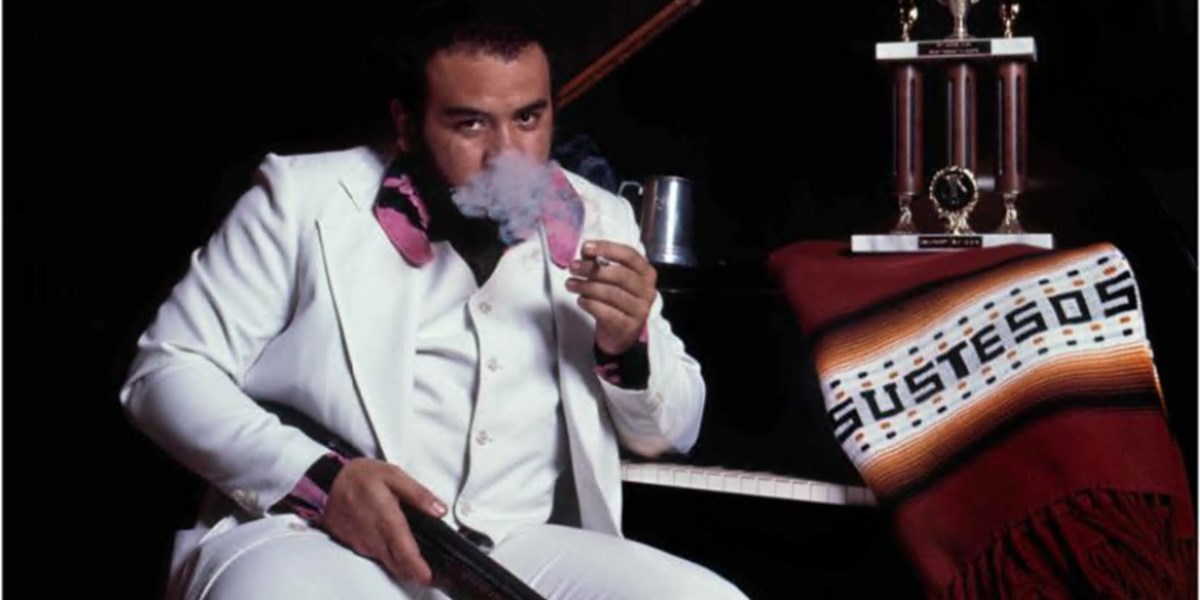Wednesday, March 27, 2024
Fruko: A Beginner's Guide
A one-man tropical orchestra generator, there can be few musicians who have left a bigger imprint on their country’s music than Fruko. Silvia Rothlisberger tracks down the Colombian bandleader


Register now to continue reading

Thanks for visiting the Songlines website, your guide to an extraordinary world of music and culture. Sign up for a free account now to enjoy:
- Free access to 2 subscriber-only articles and album reviews every month
- Unlimited access to our news and awards pages
- Our regular email newsletters

